The Cost of the Biden-Harris Energy Crisis: Trillions of Taxpayer Dollars and Counting
WASHINGTON, D.C. – Yesterday, House Budget Committee Chairman Jodey Arrington (R-TX) and members of the Committee held a hearing entitled “The Cost of the Biden-Harris Energy Crisis” to highlight the fiscal implications of the Biden-Harris Administration’s energy policies.
Find some key moments from the hearing below:
Chairman Jodey Arrington (R-TX):
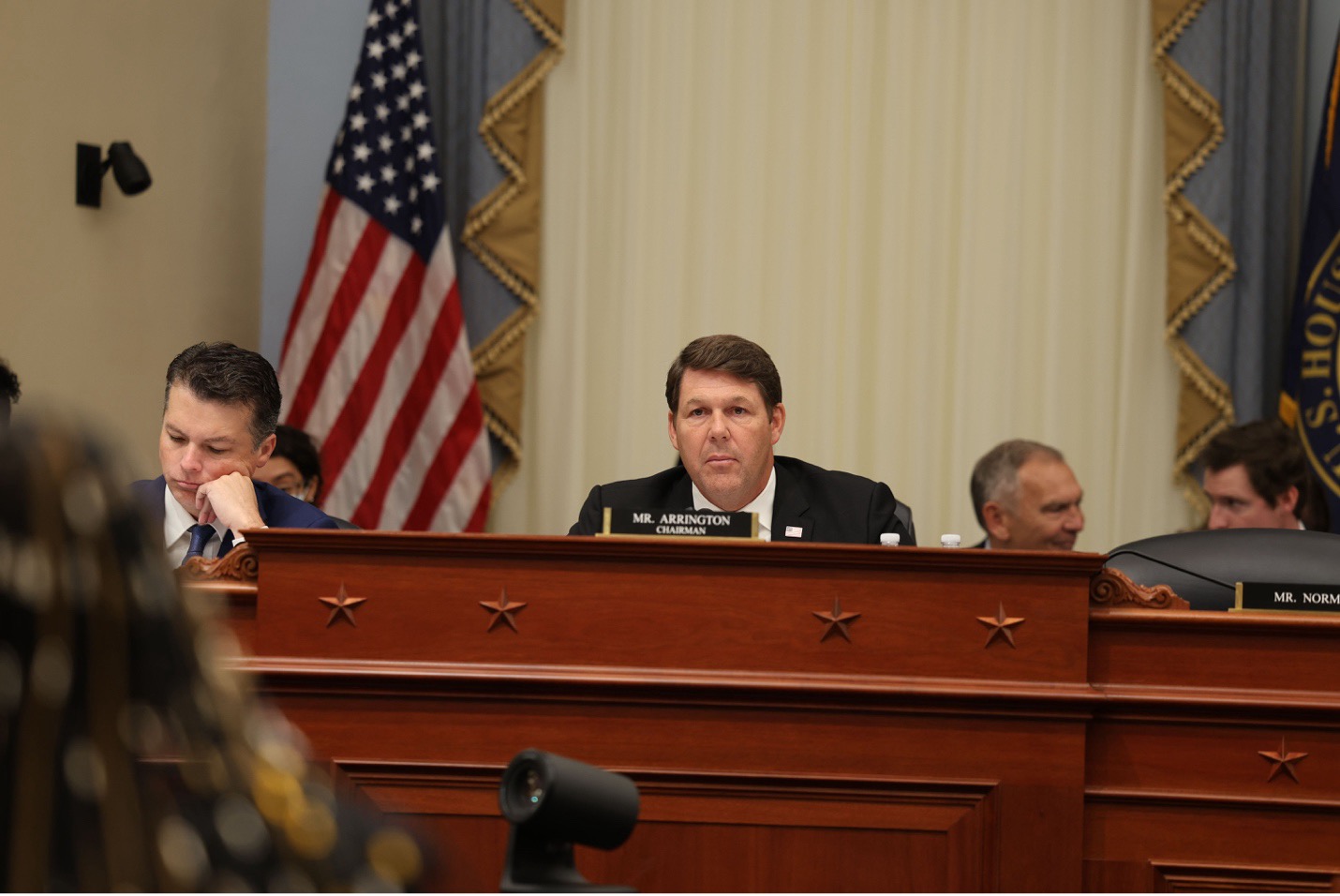
Click HERE to watch Chairman Arrington’s remarks
“What do you think their [working class families] response would be to listen to his [Mr. Higgins] statement, that the Inflation Reduction Act (IRA) has done its job, and my colleague and friend's statement that we should celebrate this record of energy success?” – Chairman Arrington
“None of the people that I talk to are celebrating. In fact, I can tell you right now that most of the people that I talk to are not even living paycheck to paycheck. They're living paycheck to Wednesday, and they have to borrow and are already underwater before they can even get to the next week. Everybody is feeling the burden of high energy prices and high food costs, nobody feels like they're getting ahead. Everybody has depleted their savings.” – Ms. Donna Jackson
Rep. Greg Lopez (R-CO):
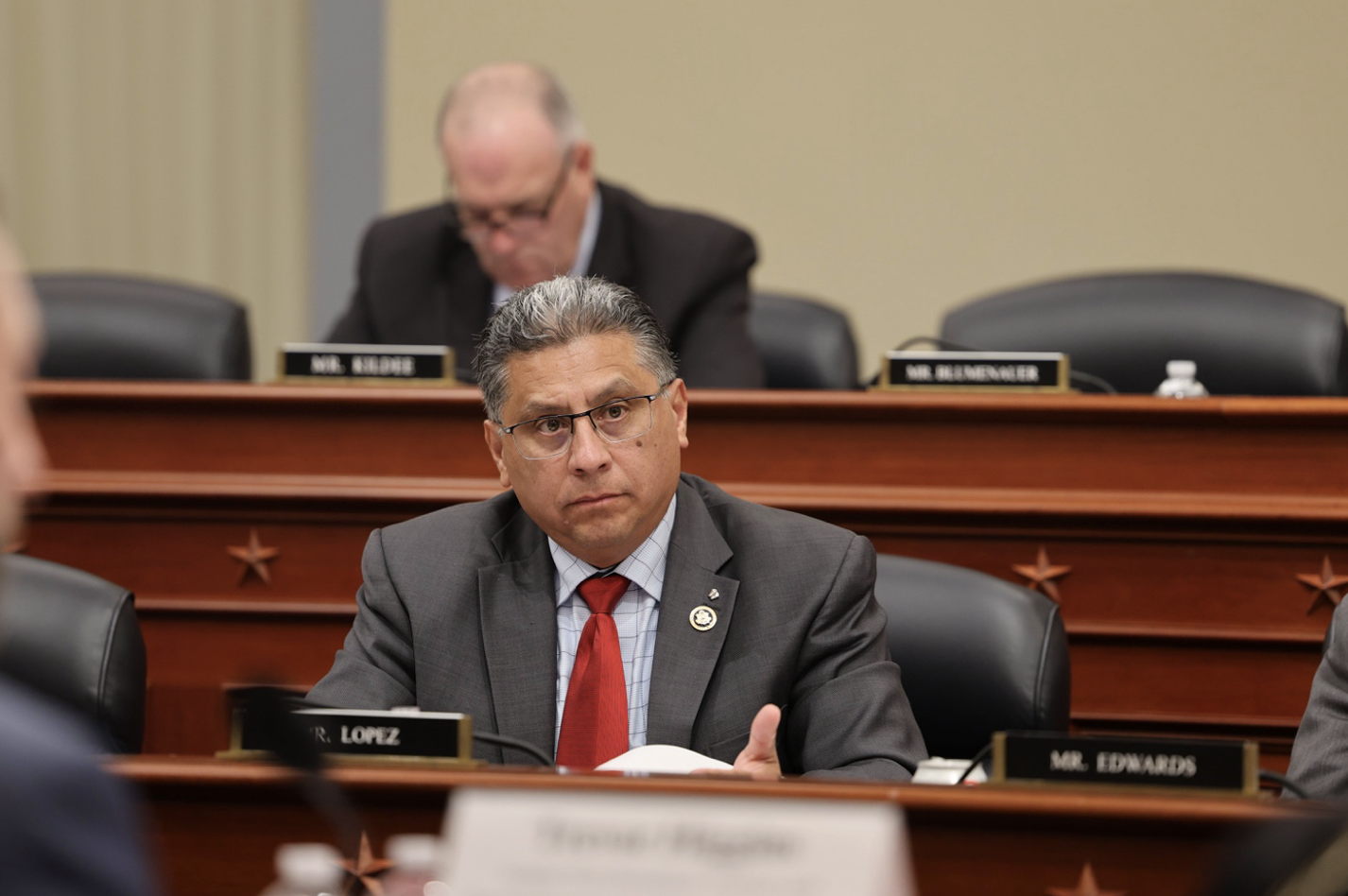
Click HERE to watch Rep. Lopez’s questioning
“The IRA was supposed to cost $270 billion, then it was supposed to cost $360 billion, and now it’s $492 billion. It reduces tax revenue and ends up with a final cost of 1.8 trillion over the 10-year window. That's what the IRA does through its energy tax credits, all while the debt keeps rising. What would you say to that?”
“If it was a private industry, it would be bankrupt. I hear a lot of people talking about how great the IRA is – I see mismanagement. A lot of the ways the money is being spent, the environmental justice money, 90 percent went to NGOs and never hit the community. I go and travel to minority communities every day, and they're not taking advantage of these so-called tax credits, because they don't own their homes.” – Ms. Donna Jackson
Rep. Ralph Norman (R-SC):
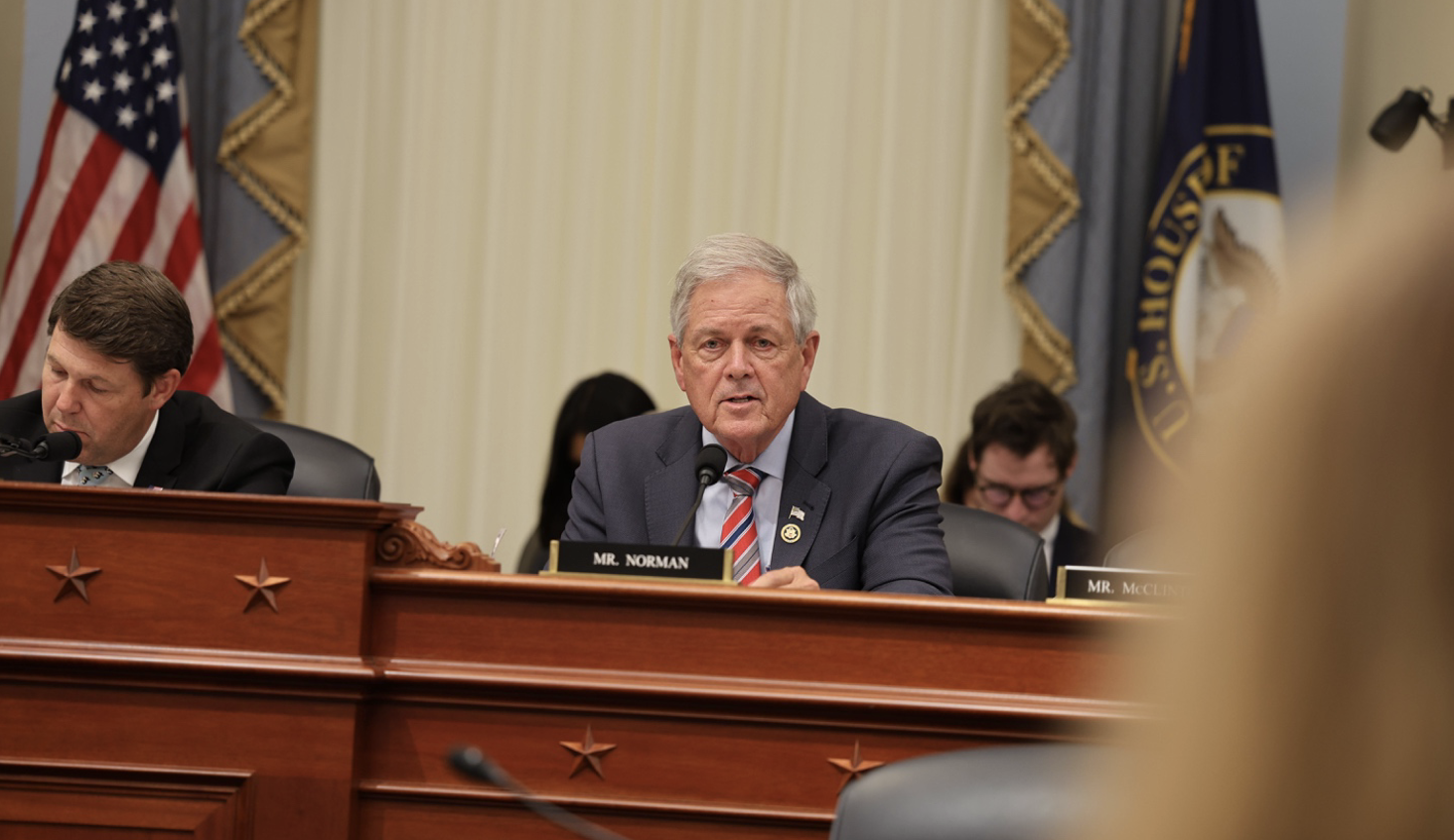
Click HERE to watch Rep. Norman’s questioning
“Ms. Furchtgott-Roth, you mentioned that Biden has made it a cornerstone of this administration to lock up 30 percent of the federal lands. Why is this such a dangerous idea that he's doing this?” – Rep. Norman
“It takes away people's property. It takes away the ability to use their resources, including oil and natural gas. It's as though someone in Alaska said to me, you cannot have your vegetable garden in your backyard. And that hurts the United States. It increases global emissions because we cannot produce clean natural gas and export it to our allies, where they can use it to replace coal.” – Ms. Diana Furchtgott-Roth
Rep. Chip Roy (R-TX):
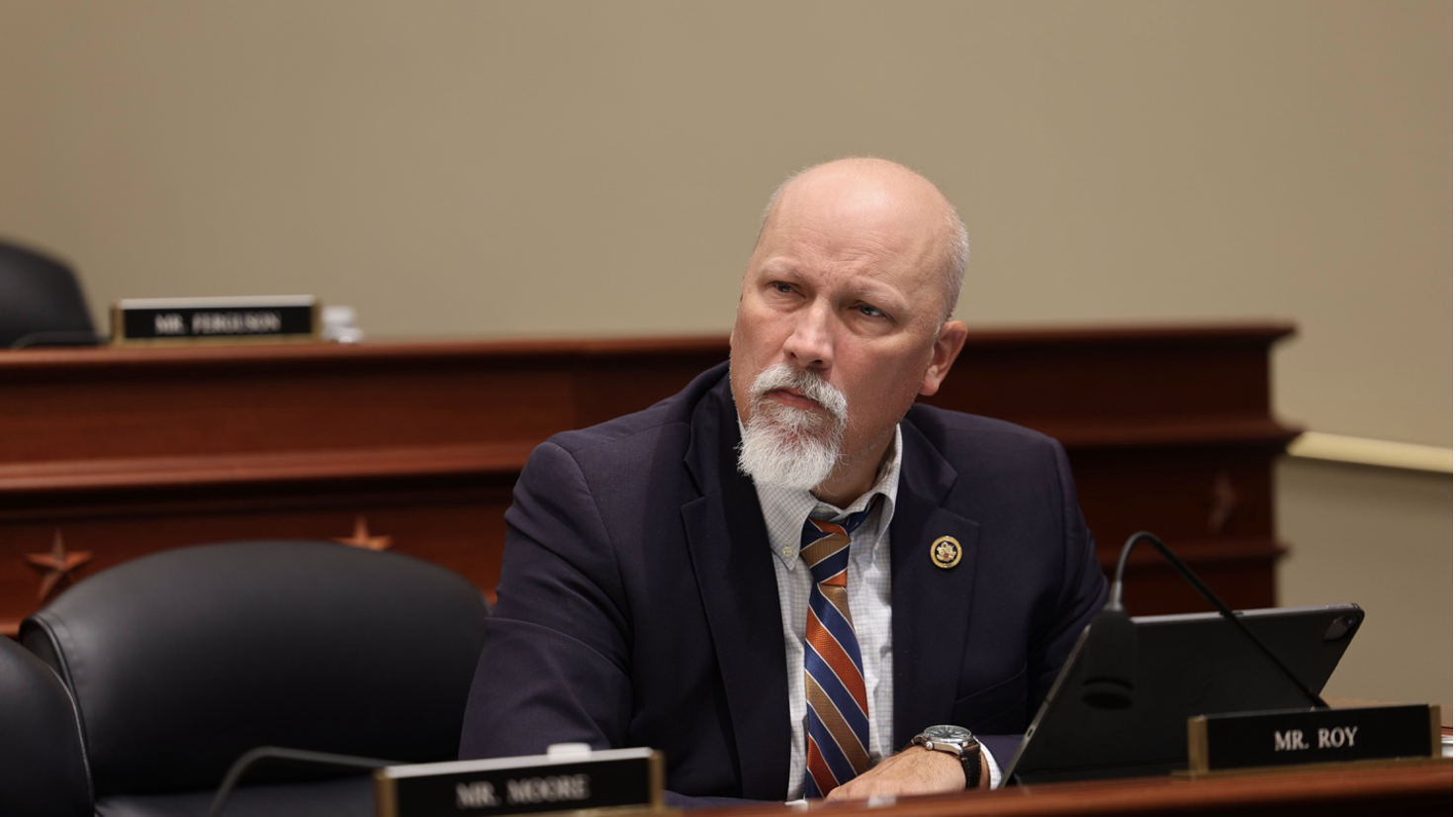
Click HERE to watch Rep. Roy’s questioning
“The subsidies in the IRA, among other policies, are making it economically less feasible for people to invest in the production of natural gas in the market. The tailpipe vehicle emissions rule will have in effect the requirement that we be producing two-thirds of vehicles in this country be electric vehicles (EVs) by 2032. What would be the impact of that?” – Rep. Roy
“It forces people to pay for more expensive vehicles. People don't realize how much they're paying with the subsidies, in part because the internal combustion engine vehicles end up subsidizing the EVs. I think the biggest cost that we haven't covered yet is the cost to the grid because we're artificially restricting the supply of reliable electricity.”- Mr. Alex Epstein
Rep. Lloyd Smucker (R-PA):
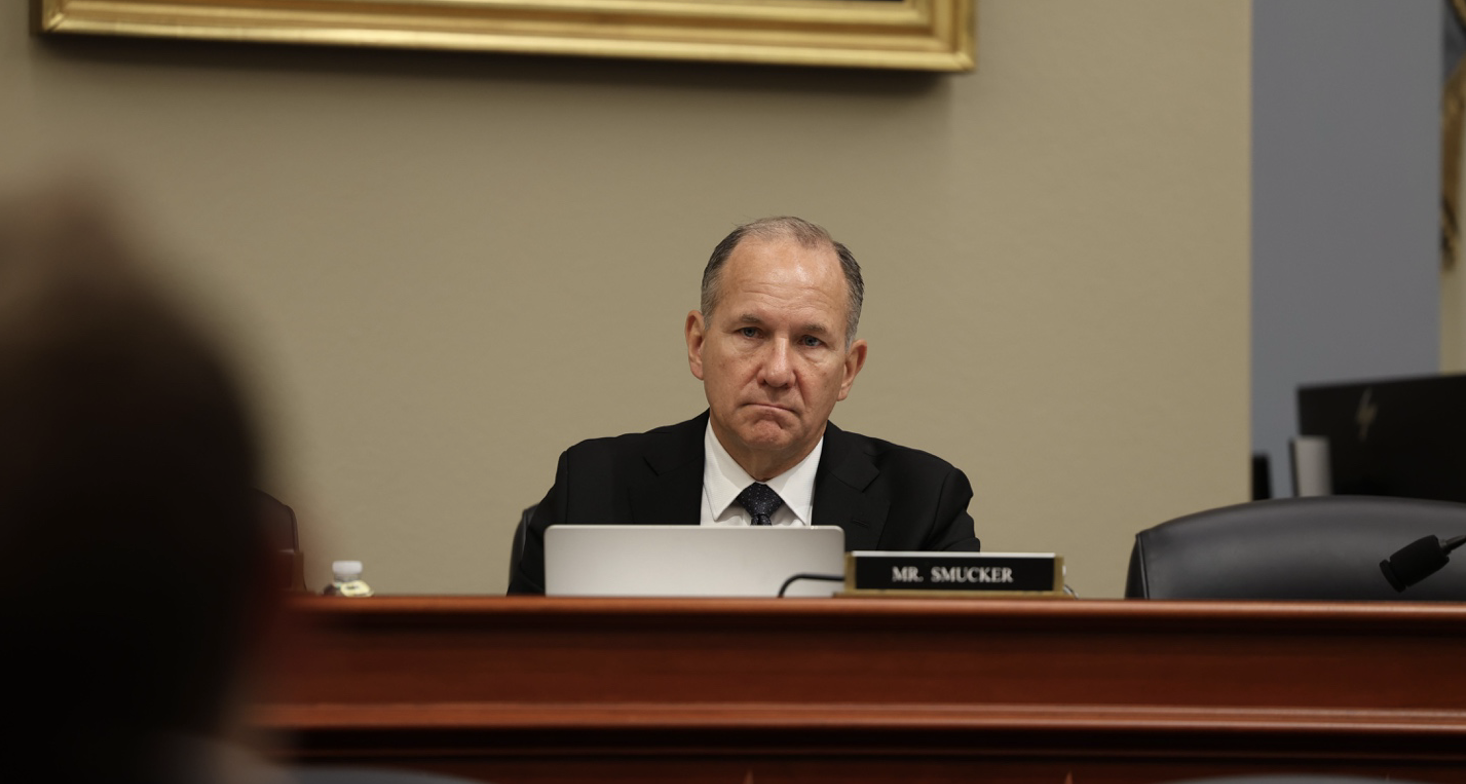
Click HERE to watch Rep. Smucker’s questioning
“My state of Pennsylvania is home to some of the most abundant energy resources in the United States. Fracking supports 123,000 jobs and generates $41 billion in economic activity. Yet despite the abundance of these resources, the average household in Pennsylvania is spending almost $100 more on energy per month. Pennsylvanians know bad energy policy when they see it. It’s not surprising at all that suddenly, Kamala Harris denies that she wants to ban fracking to stabilize our nation's fiscal trajectory.
We've got to pursue policies that grow the economy, and I think unleashing American energy is one of the best ways to do it. In July, I, along with 25 of my Republican colleagues, wrote to the Environmental Protection Agency (EPA) Administrator Regan expressing concern with how the Clean Power Plant 2.0 Plan will impact the PJM interconnection, which serves 65 million people across the Mid-Atlantic, including the district I represent, and specifically concerned with how those proposed rules will impact electric reliability and could lead to rolling blackouts.”
Rep. Glenn Grothman (R-WI):
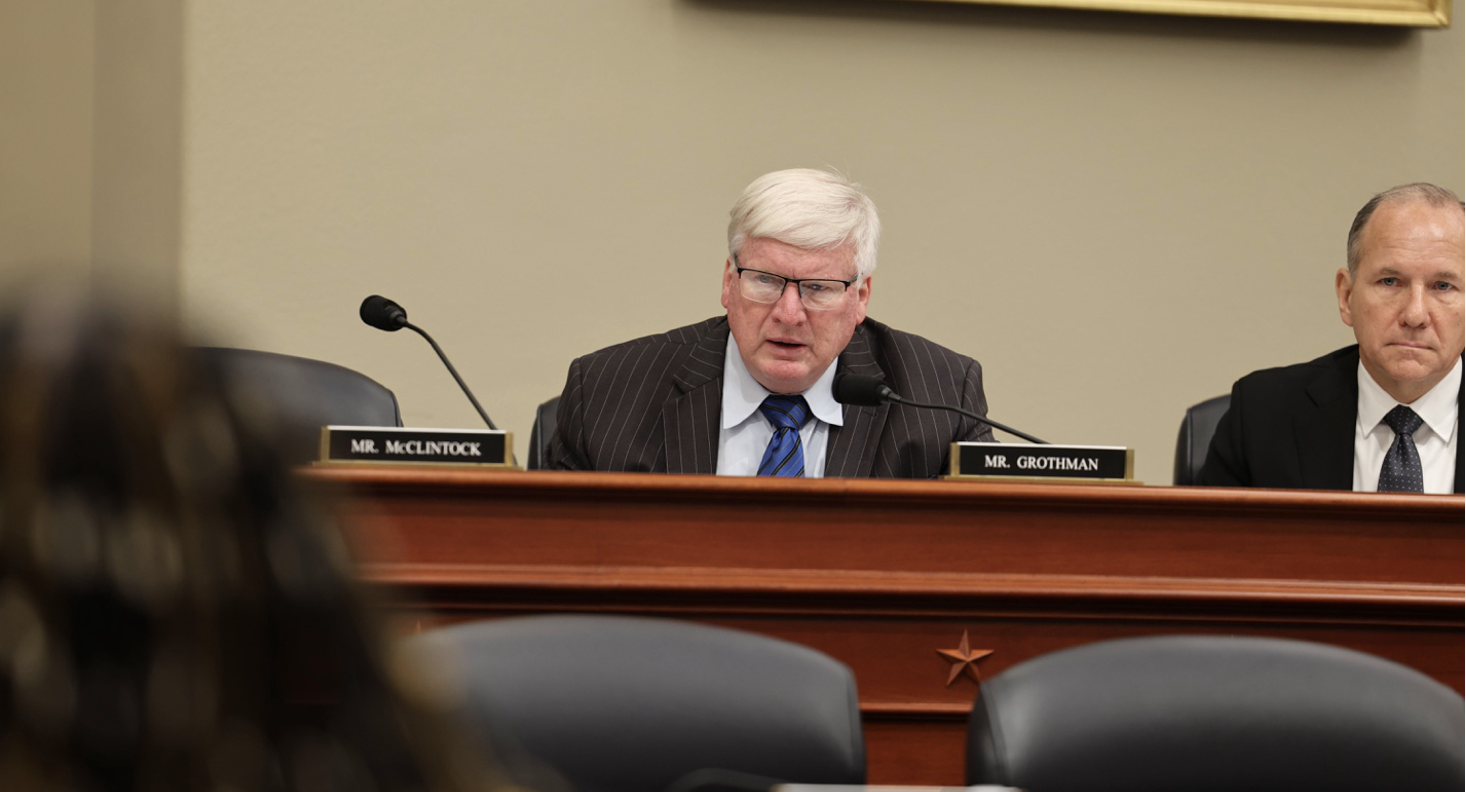
Click HERE to watch Rep. Grothman’s questioning
“When you do want to buy a new car and you trade in your old car, is it right that the trade-in you're going to get with an electric car is less than you get on a combustion engine car? Is that another way they're going to try to nail the middle class?” – Rep. Grothman
“The trade-ins in comparison to gas combustion engines are way lower. What they're also been doing is increasing the cost of gas-powered cars because they're forcing the EV agenda on individuals. Now the middle class is getting hit in two ways. They're being priced out of the private car ownership market.” – Ms. Donna Jackson
The Bottom Line:
Yesterday’s hearing made clear that the Biden-Harris Administration's policies have obstructed U.S. energy independence, raised prices, and hurt financial mobility for low- and middle-income families by blocking access to affordable energy.
By cutting unnecessary spending on unproven green initiatives, we can reduce the deficit and inflation, increase economic growth, reclaim America's energy future, and protect our national security.
The House Budget Committee is committed to leading this charge and restoring American-made energy to secure jobs, strengthen our economy, and solidify our position as a global leader.


